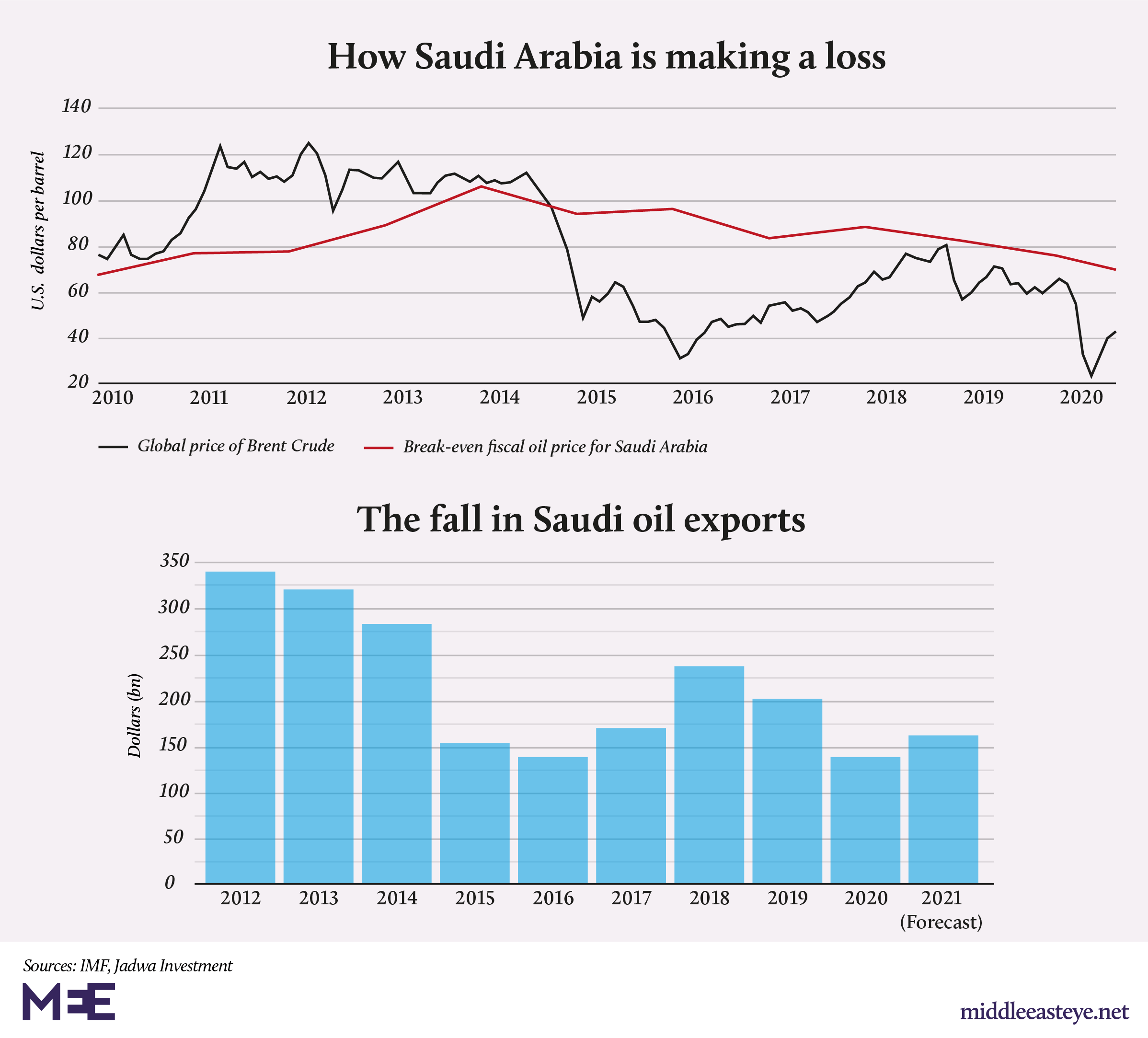Saudi Arabia's economic engine sputtered in the first quarter of 2024,contracting by 1.8% compared to the same period last year.This decline comes amidst a slump in the global oil sector,highlighting the kingdom's continued dependence on hydrocarbon revenue.
The primary culprit behind the economic slowdown was a 10.6% contraction in oil activities,according to flash estimates released by the General Authority for Statistics.This decrease reflects a combination of factors,including production cuts implemented by the OPEC+ alliance,of which Saudi Arabia is a leading member,and a slight decline in global oil prices in 2023.
Despite the oil sector's struggles,there were some positive signs in the Saudi economy.Non-oil activities,a key focus of the country's Vision 2030 diversification plan,experienced a modest but encouraging growth of 2.8%.This expansion indicates progress in efforts to develop new industries and reduce reliance on oil.Additionally,government spending increased by 2% year-on-year,suggesting continued investment in infrastructure and other economic development initiatives.
The contrasting fortunes of the oil and non-oil sectors underscore the urgency of Vision 2030's diversification goals.The ambitious plan aims to transform Saudi Arabia into a more knowledge-based economy,less reliant on volatile oil prices.Key areas of focus include tourism,technology,and renewable energy.
While the first-quarter contraction is a setback,it's important to consider it within the context of Saudi Arabia's long-term economic transformation efforts.The kingdom has made significant strides in recent years in developing its non-oil sector,and these efforts are likely to bear fruit in the coming years.
However,challenges remain.The global economic outlook is uncertain,and oil prices could fluctuate significantly in the coming months.Additionally,successfully transitioning a resource-dependent economy takes time and substantial investment.
The Saudi government is acutely aware of these challenges.It is implementing a series of reforms aimed at attracting foreign investment,improving the business environment,and fostering innovation.The success of these reforms will be crucial in determining the pace and extent of Saudi Arabia's economic diversification.
In the short term,the kingdom's economic fortunes will likely remain tied to the global oil market.However,by continuing to invest in its non-oil sector,Saudi Arabia is laying the groundwork for a more resilient and sustainable future.

